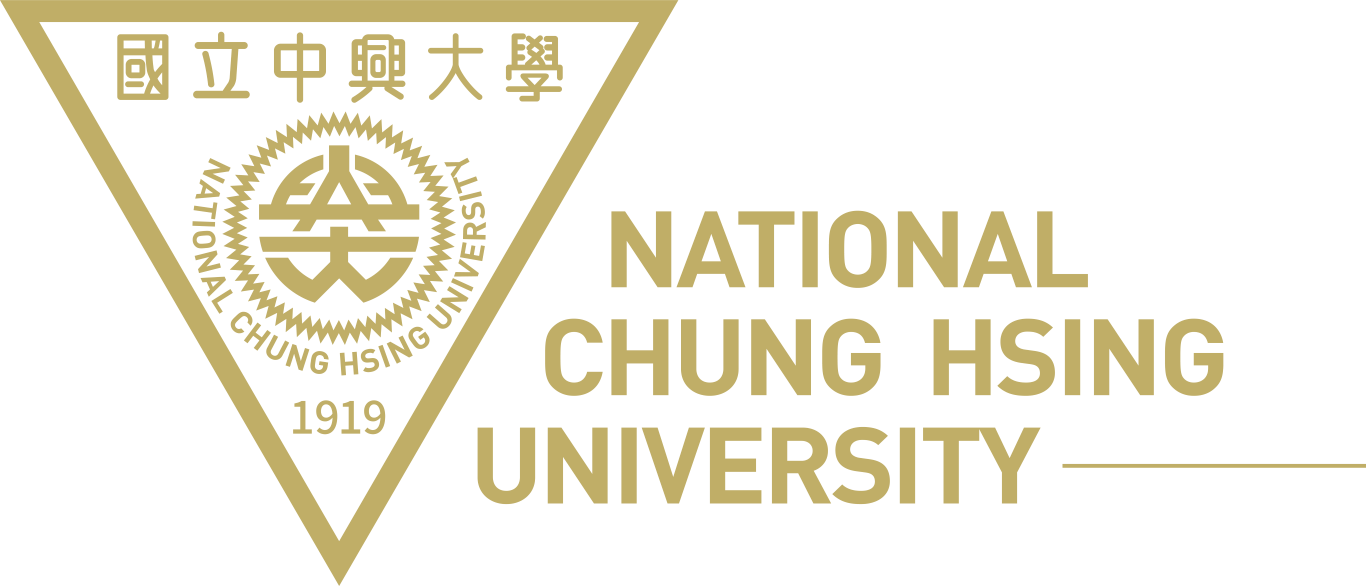Trademark Management Regulations
1. Application for a new trademark:Units that wish to apply for a new trademark must complete a trademark registration application and present it to the Academia-Industry Collaboration Center, which will then submit it to the Trademark Committee for review. If a trademark is deemed necessary, the Academia-Industry Collaboration Center will submit an official application to the competent authority. All fees associated with the application, issuance, and maintenance of the trademark will be borne entirely by the applying unit.
2. NCHU trademark licensing:Use of the University’s emblems, logos, and trademarks require licensing. NCHU may seek damages and issue a cease-and-desist order against any unauthorized use of its emblems, logos, and trademarks.
1) Non-commercial use:Only NCHU units, faculty/staff/students, clubs, and alumni associations may request non-commercial use of the University’s emblems, logos, and trademarks. Except for use on business cards and official documents/letters, which requires no application, users must submit a non-commercial use license application and affidavit to the Academia-Industry Collaboration Center for approval, and they may only use such emblems, logos, and trademarks within the scope of license.
2) Commercial use:Users must submit a commercial use license application and proposal to the Academia-Industry Collaboration Center. The Trademark Committee will determine the scope of the license upon review. The associated costs will be borne by the applicant (if they are not affiliated with NCHU). Each application requires a review fee of NT$20,000 to be paid by the deadline indicated on the written notice issued by the University.

